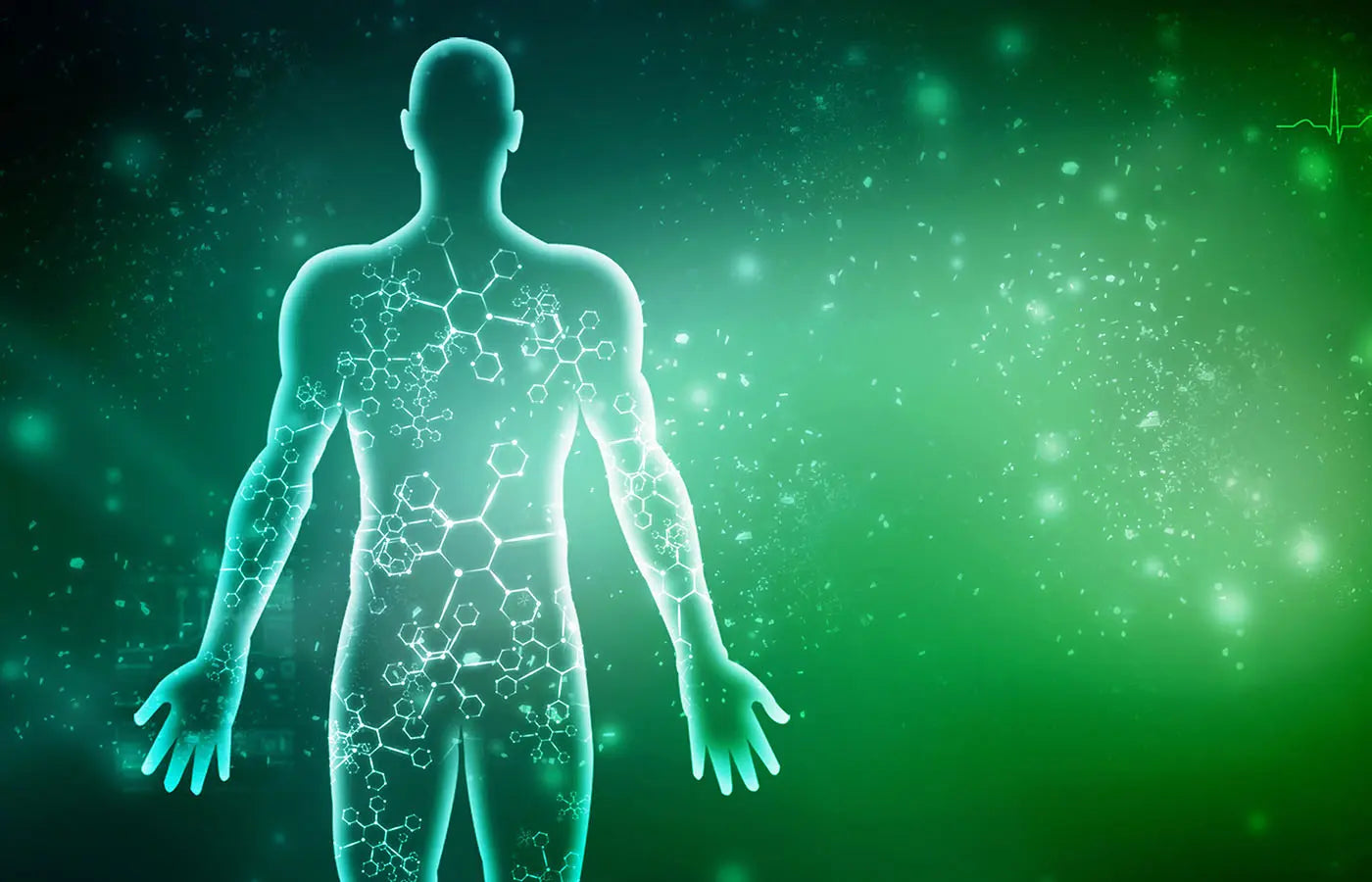

Learn how our bodies make cannabinoids
The human body has an endocannabinoid system (ECS) that is responsible for maintaining homeostasis, or balance, in the body. The ECS is a complex system of receptors and enzymes that are involved in a wide range of physiological processes, including pain perception, mood, memory, and appetite.
The ECS is activated by cannabioids, which are chemical compounds that bind to cannabinoid receptors in the body. There are two types of cannabioids: endocannabioids, which are produced by the body, and phytocannabioids, which are found in plants, including cannabis.
The two main endocannabioids produced by the body are called anandamide and 2-arachidonoylglycerol (2-AG). These cannabioids are produced on demand and help to regulate various physiological processes, including pain perception, mood, memory, and appetite.
The ECS is a vital part of the body's regulatory system, and it is involved in maintaining homeostasis in a number of different ways. For example, the ECS helps to regulate pain perception by inhibiting the transmission of pain signals in the body. It also helps to regulate mood and emotional state by modulating the release of neurotransmitters, such as serotonin and dopamine.
Overall, the ECS is a complex and important system that plays a vital role in maintaining homeostasis in the body. While the body produces its own endocannabioids, phytocannabioids, such as those found in cannabis, may also interact with the ECS and have therapeutic effects.


